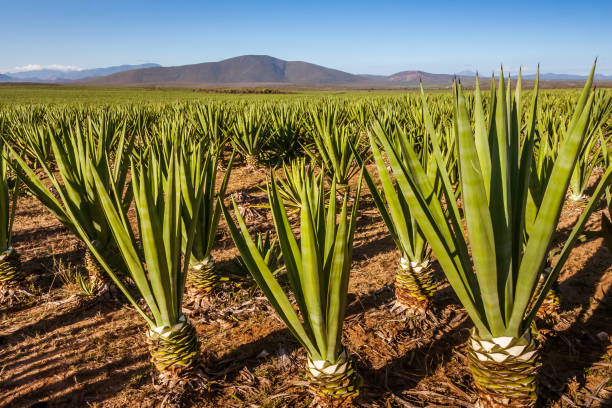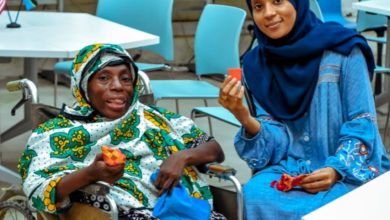TSB, NSSF partner to restore sisal processing to farmers

TANGA: JUST days after CCM Presidential Candidate Dr Samia Suluhu Hassan reaffirmed the government’s decision to hand over seven sisal decortication plants to smallholder farmers in Korogwe District, the Tanzania Sisal Board (TSB) has moved swiftly to begin implementing the directive.
Dr Samia’s announcement, made during her final campaign stop in Tanga Region, highlighted her commitment to revitalising the sisal sector by empowering local farmers to take charge of key stages in production and value addition.
“We are returning the power of sisal processing to the people who grow it,” she declared in Korogwe last week.
She added: “These machines belong to farmers, the government’s role is to ensure they benefit directly from their work.”
Following her directive, TSB Director General Saad Kambona confirmed that discussions have already begun with the National Social Security Fund (NSSF), which currently owns the plantations through its subsidiary Sisalana Ltd, to facilitate the formal transfer of management to the local AMCOS cooperatives.
“We understand the longstanding cry of smallholder sisal farmers. The President’s directive gives new hope to farmers who have been waiting for this moment for years,” he said.
The seven decortication plants are located in five sisal estates including Magoma (2), Mwelya (2), Hale, Magunga and Ngombezi (one each).
According to Mr Kambona, the formal handover process has already commenced and that it is expected to be completed soon.
“While we cannot give an exact date yet, we are working within a short timeframe to ensure these machines are under cooperative management as directed by the President,” he said.
Mr Kambona applauded President Samia for the strong budgetary and policy support that has revived the oncestruggling sector.
In 2021, the government injected 2bn/- into sisal development programmes, enabling the distribution of 12 million seedlings to farmers between 2021 and 2023.
As a result, sisal fibre production has surged from 36,000 tonnes in 2020 to 62,000 tonnes in 2024, while export earnings have climbed from USD 45 million to USD 62 million.
Currently, about 70 per cent of Tanzania’s sisal fibre is exported to more than 26 countries, with China buying between 25 per cent and 50 per cent of total sisal fibre exports.
“Sales from the five Korogwe estates alone have contributed over 8bn/- out of 22bn/- accrued in 2022 from sisal earnings,” Kambona explained.
He added that though current sales have dipped slightly to 16bn/-, the new policy direction is expected to restore momentum and raise farmers’ incomes.
Leaders of the five AMCOS cooperatives expressed joy and gratitude regarding the provision of sisal plantations.
Chairman of Magunga AMCOS who is also the Chairman of a caucus of chairmen of the five cooperatives, Mr Shadrack Lugendo said the move will transform farmers’ livelihoods.
“We are finally seeing justice for smallholder farmers. We have the experience and capability to operate these machines efficiently. When Katani Company failed to manage them, we stepped in, ran them for six months and cleared all outstanding debts, including those owed to the Tanzania Revenue Authority,” he said.
Magoma AMCOS Manager, Maneno Jackson said that the transfer will end unnecessary losses caused by inefficiencies.
“Many farmers have watched their crops rot in the fields because of limited processing capacity. Now we can control our own destiny,” he said.
TSB has already acquired an excavator to help smallholders open new fields and a borehole drilling unit to supply water to dry sisal-growing areas.





